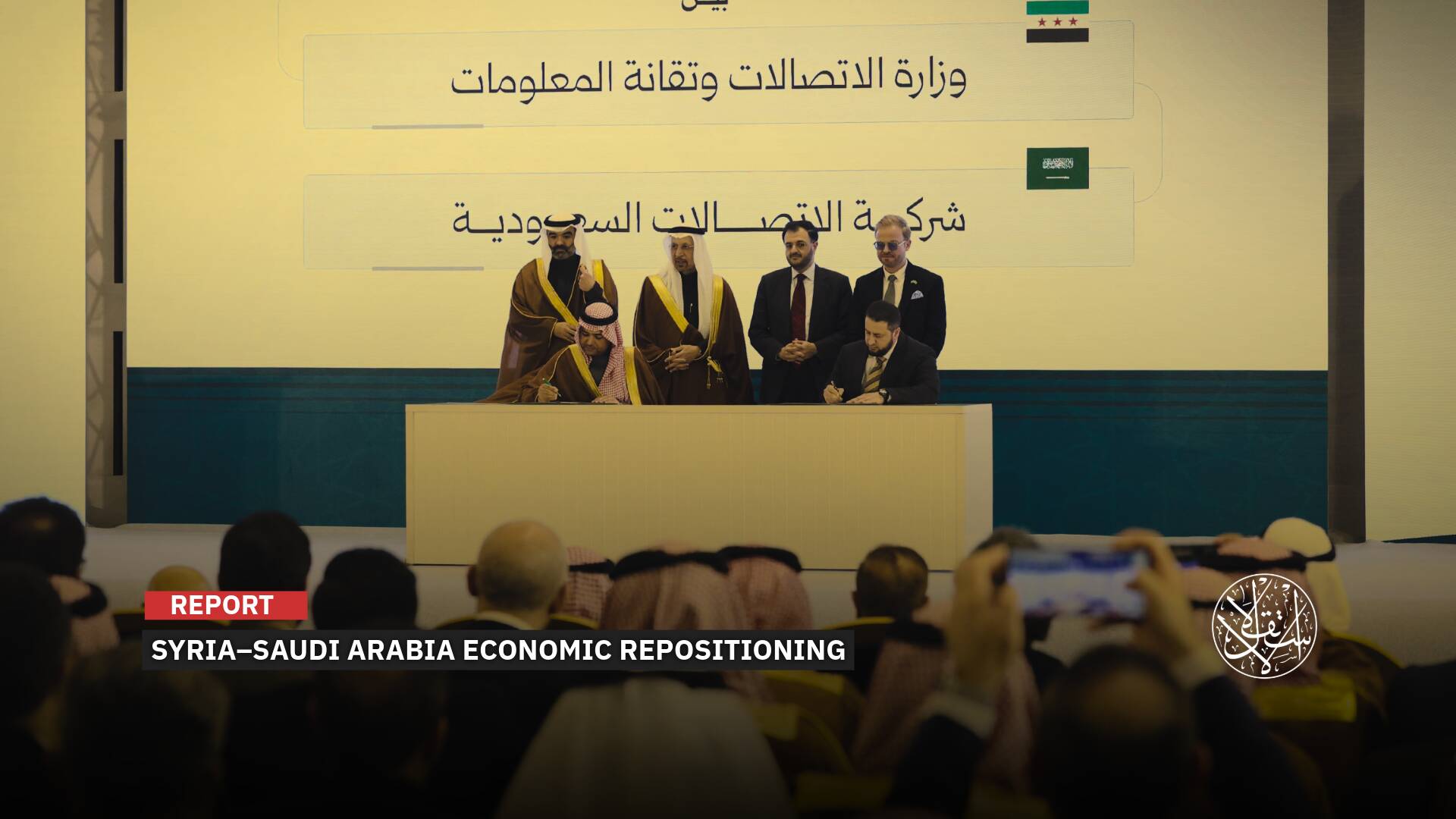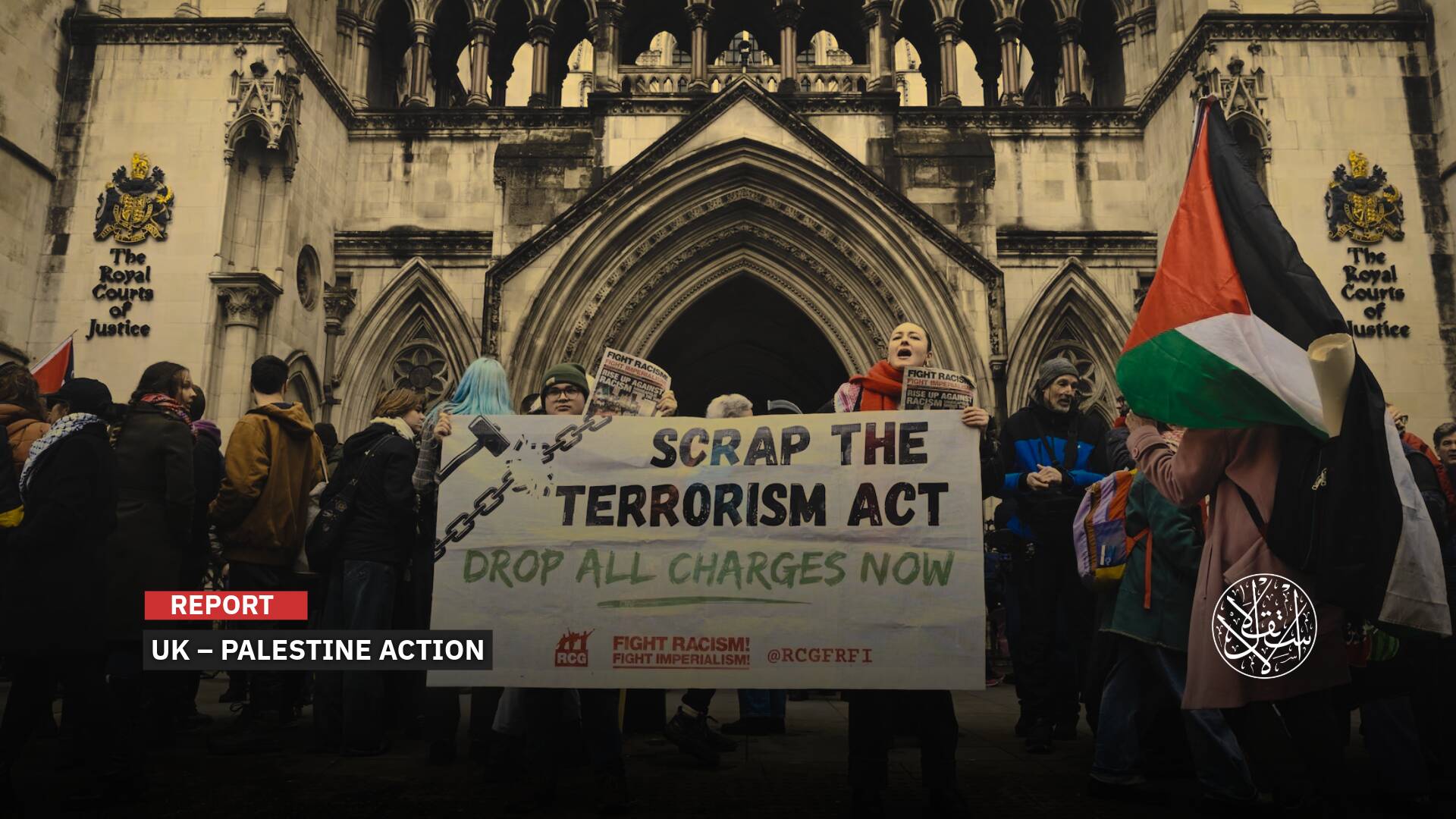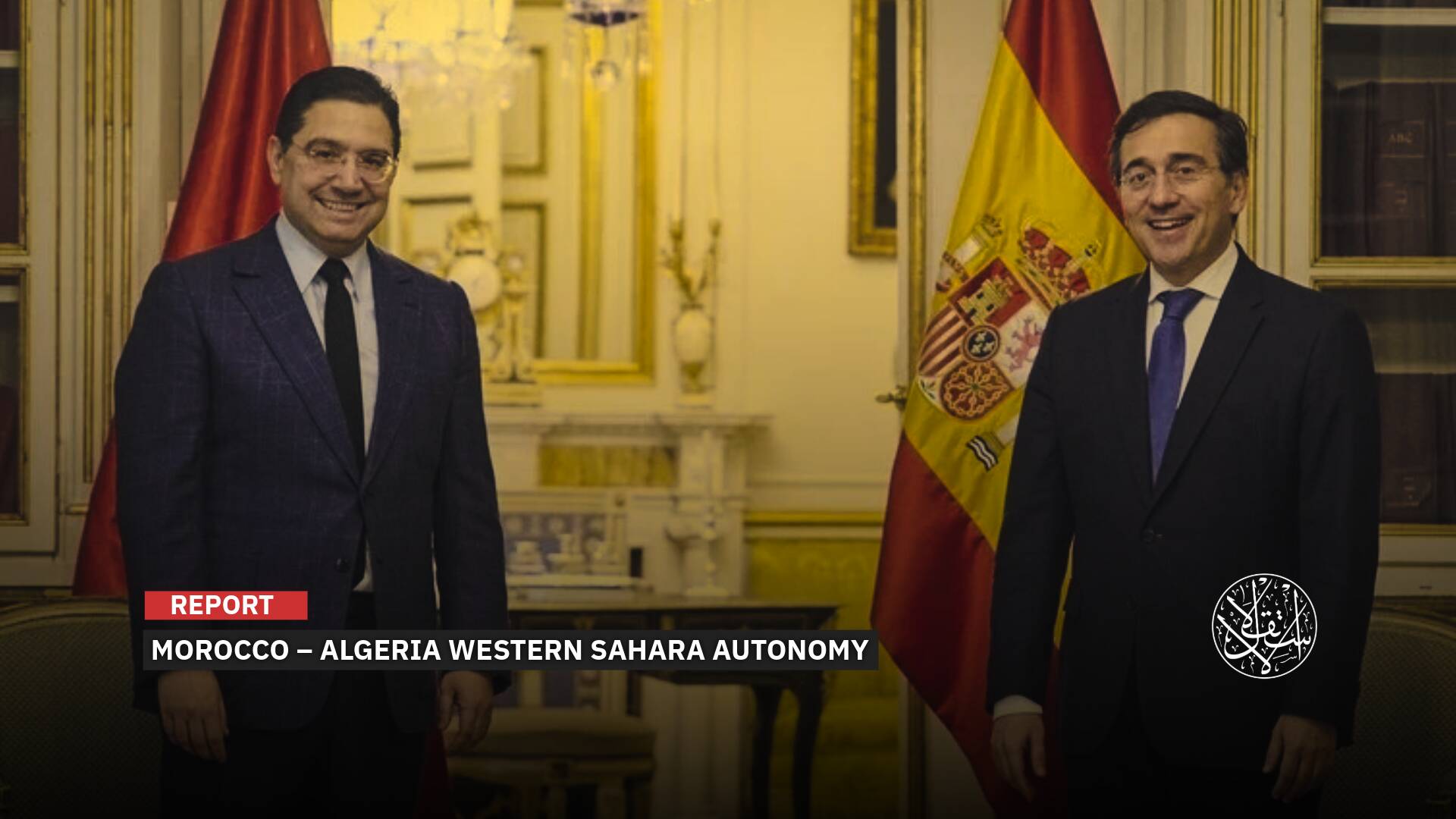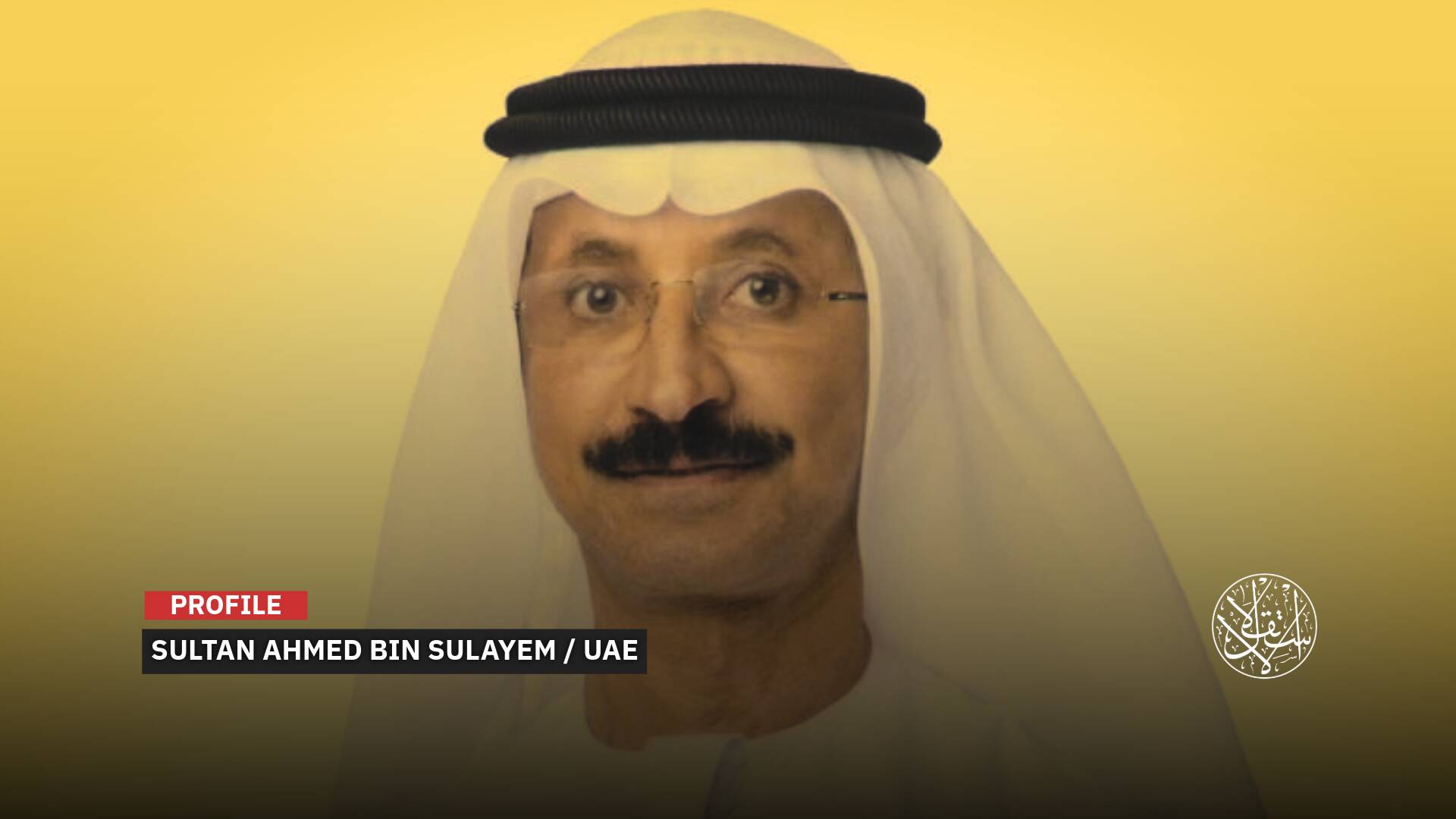Could NATO and EU Member Romania Slide into the Growing Pro-Russia Camp?

“Calin Georgescu, an EU- and NATO-skeptic, came on top in the first round of Romania's presidential elections.”
Romania's presidential election recently faced upheaval after the constitutional court ordered the recount of first-round votes, while security officials raised concerns over potential interference through TikTok, which they claimed had amplified the campaign of a little-known far-right candidate.
The moves came as the country braces for parliamentary elections with the presidential runoff to follow a week later between a pro-Russian President Vladimir Putin and a pro-European centrist contender.
On the other hand, concerns are emerging about the fate of Ukraine if Calin Georgescu wins the second round, especially since Romania has been one of the biggest supporters of Ukraine since the beginning of the war.
Georgescu's victory in the first round was celebrated by the Russian press. International news agency RIA Novosti, quoted by the daily Kommersant, wrote: “Georgescu's breakthrough is a surprise. NATO membership does not guarantee Romania's security.”
Surprise Victory
In a resounding political surprise, the political scene in Romania is preparing for dramatic developments, with the qualification of the independent far-right politician Calin Georgescu to the second round of the presidential elections.
While the European country is witnessing a change in the electoral mood, these developments raise concerns about their impact on Romania's political orientations and its relations with the West, especially with the escalation of anti-NATO rhetoric in the electoral arena.
On the other hand, Romania's Constitutional Court ordered on November 28 a recount of the votes in the first round of the presidential elections that took place a few days ago, in a decision that observers said could harm the credibility of state institutions.
After polling below 10%, Georgescu, 62, scored a victory that raised questions about how such a surprise could happen in an EU and NATO member state.
Some have explained the anti-NATO candidate’s victory by saying he benefited from votes against the ruling coalition, as well as foreign interference that helped him rise through social media, particularly TikTok.
In his first reaction, Georgescu called the result an amazing awakening of the Romanian people.
Georgescu is set to face centrist candidate Elena Lasconi, who came in second, in a runoff on December 8, and parliamentary elections are scheduled for December 1. Lasconi denounced the Constitutional Court’s ruling on her social media accounts, saying the Court’s decision was appalling for a democracy.
Prime Minister Marcel Ciolacu of the Social Democrats came in third in the first round, just 2,740 votes behind Lasconi.
The Social Democrat leader, who is stepping down as party leader, conceded defeat this week and said he would not challenge the results.
George Simion, 38, the leader of the Alliance for the Unity of Romanians (AUR), had been expected to reach the second round, but he came in fourth with 13.87% of the vote.
The Social Democrats, who have dominated the country's politics for more than three decades, were defeated in the first round for the first time since the fall of the communist regime in 1989.
As for the Liberals, who currently govern with them, their candidate Nicolae Ciuca, a retired general and former prime minister, was defeated and also decided to step down as head of his party.
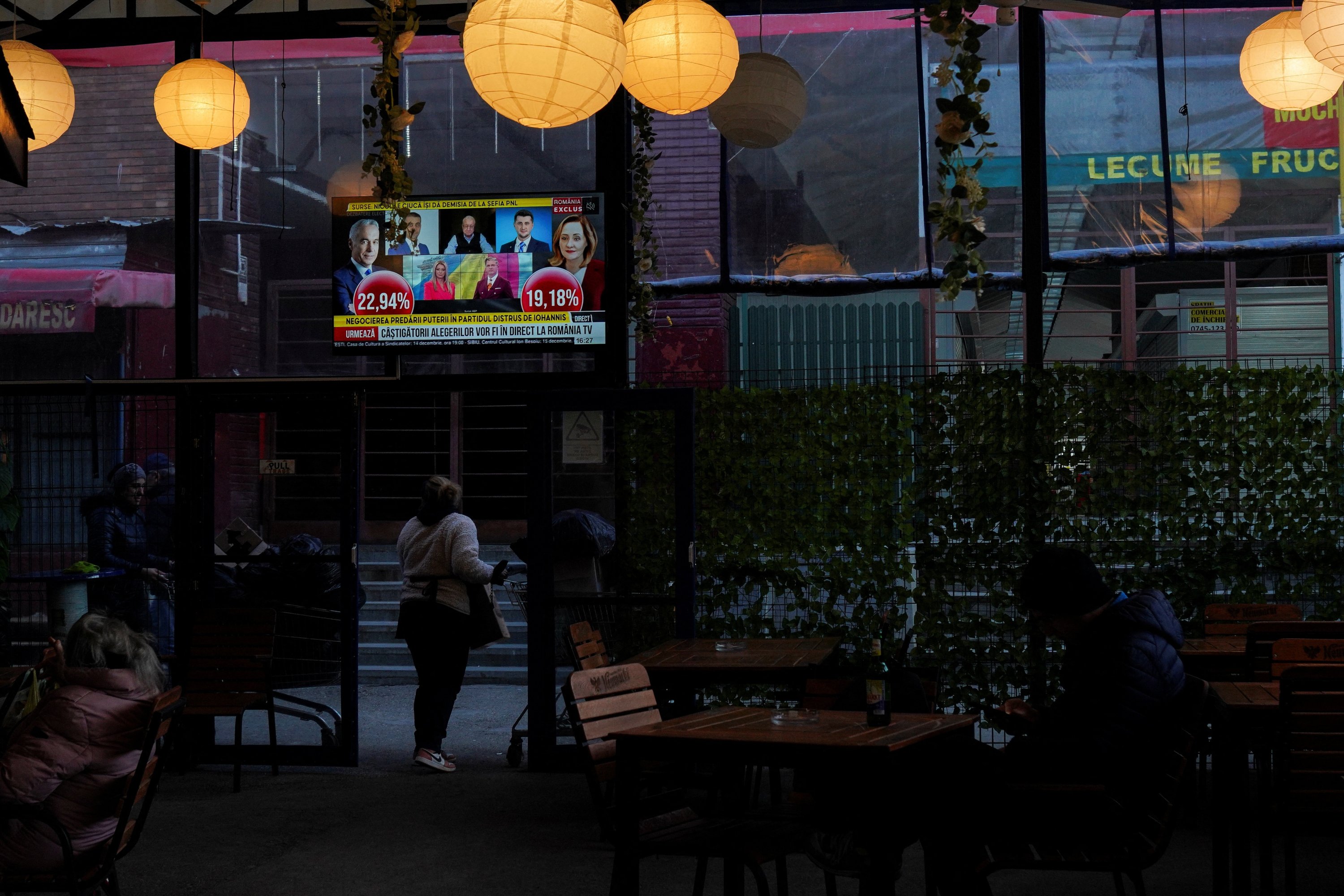
Heavy Criticism
Calin Georgescu, who came from outside the party alliances, is an agricultural engineer who worked as an employee in the Ministry of Environment.
He is a former member of the far-right AUR party, known for its support for controversial figures from the World War II era, such as communist dictator Nicolae Ceausescu and Romania's Nazi-allied prime minister Ion Antonescu.
Georgescu has drawn fierce criticism for his previous comments supporting Romania’s 20th-century fascist Legionary Movement, but rejected accusations that he is antisemitic.
During his campaign, he surged with a viral campaign calling for an end to aid for Ukraine, as he repeated in videos he broadcasts on the TikTok platform, where he is followed by at least 280,000 Romanian teenagers and young people, and garners millions of views.
He has also sounded a skeptical note on Romania's NATO membership.
NATO has expanded its military presence in Romania in recent years, and has begun establishing its largest base in Europe (Mihai Kogalniceanu air base) about 300 kilometers from Odesa, Ukraine, and 400 kilometers from the Sevastopol naval base in Crimea, which Russia annexed in 2014.
The Mihai airbase is scheduled to be larger than the Ramstein air base in Germany, and is expected to be one of the gates to the alliance's strongholds, which it is striving to strengthen after 2022.
Georgescu criticizes his country's hosting of this base and the deployment of forces from 32 NATO countries there, considering it a kind of provocation to Russia.

European Questions
In the same context, some analysts believe that European fears about changing the political landscape in Romania in favor of Russia are not possible.
Romania is a pioneer in supporting Kyiv, and its population tends towards the European and NATO agenda, not to mention being one of the pillars of NATO’s eastern flank, as evidenced by its embrace of mercenaries, in addition to the ballistic missile defense system at its military base in Deveselu.
With a 650-kilometer border with Ukraine, Romania plays a vital role in supporting Kyiv against Russia.
It has already facilitated the export of Ukrainian grain through its ports and provided military aid to Kyiv.
However, Georgescu’s potential victory raises questions about the future of this aid and Romania’s continued engagement with the EU and NATO.
If Romania also moves towards a more anti-EU and pro-Russian camp, this would seriously undermine the EU’s ability to act, making it harder to build consensus among member states, Politico reported.
With parliamentary elections due in early December, analysts say Georgescu’s success could provide a major boost to far-right groups.
Political analyst Cristian Pirvulescu predicted that these results would be reflected in favor of the far-right in the legislative elections scheduled for next Sunday, noting that this could result in difficult negotiations to form a coalition.
However, pro-Western parties could provide a counterweight, especially given the parliament’s vital role in blocking any controversial presidential policies.

The Romanian president, who is limited to two five-year terms, has a semi-executive role which includes heading Romania’s armed forces and chairing the supreme defense council that decides on military aid.
The president represents Romania at EU and NATO summits and appoints the prime minister, chief judges, prosecutors and secret service heads.




